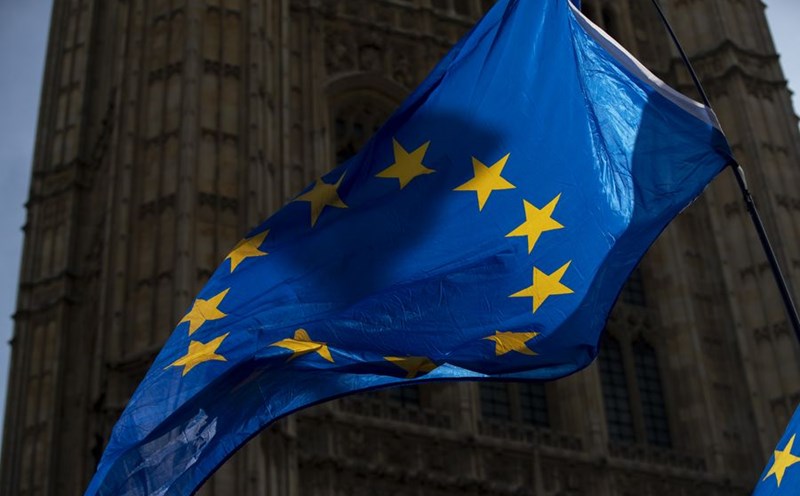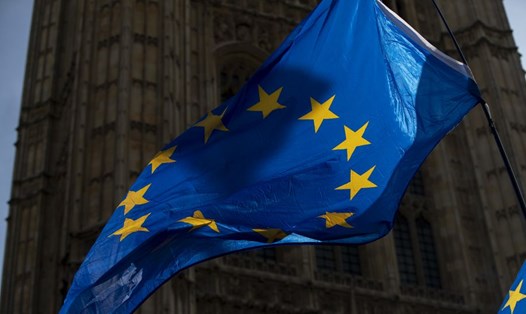On July 17, the US Senate passed a bill to cut the budget for foreign aid and public broadcasts. This is considered a step forward in implementing the financial priorities of the Donald Trump administration.
The main content of the bill consists of 2 parts. The first is to cut about 8 billion USD from international aid programs. Second is a $1 billion reduction in the budget allocated to the Public Radio Corporation, the unit responsible for distributing federal funding to more than 1,500 local radio and television stations across the US.
This cut proposal has fueled controversy within the Senate.
Many Senators are concerned that local stations will no longer have enough capacity to maintain operations, especially in rural areas or remote areas. Public stations are considered a channel for providing essential information and emergency warnings in situations such as natural disasters or security incidents.
Previously, the Trump administration cut the budget for VOA Radio's governing body. Some local radio stations in VOA have been forced to stop broadcasting news and switch to music to maintain broadcast time.
For foreign aid, the cuts include funding for emergency shelters, clean water, sanitation, healthcare and food for displaced people and areas affected by conflicts or natural disasters. In addition, many programs to support economic development in developing countries have also been cut.
Analysts warn that these measures could undermine the US role in the international arena, creating conditions for other countries to expand their influence.
In addition to spending tightening measures, President Trump has recently expanded the list of prohibited welfare for unlicensed immigrants. This list currently includes 44 programs, an increase of 13 categories compared to before.











